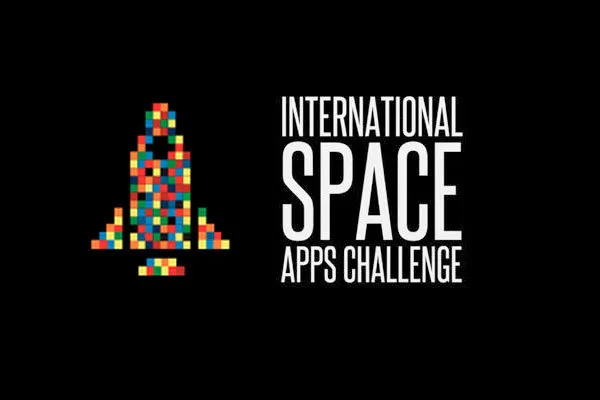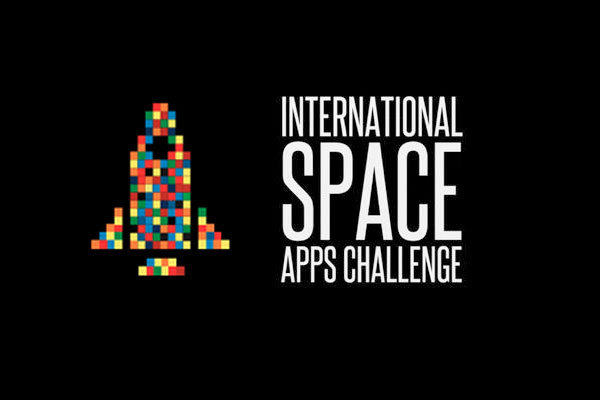
International Space Apps Challenge: The Space Science Hackathon!
Space Agencies across the world are working on some incredible projects be it India’s Mars Mission or ESA’s Comet Chasing Spacecraft or NASA’s Internet experiment with Lasers! Their dreams are anything but small. Their ideas are Cool but what would be even more cooler is an “Open Source Space Mission”! Imagine the entire world working on a mission to the Sun!
The International Space Apps Challenge is the closed thing to that wish coming true! A NASA Incubator Innovation Program – The International Space Apps Challenge is a two day hackathon that is scheduled for April 12-13, 2014. Last year this event was “the largest hackathon in the history” with 9000 participants in 44 countries competing against one another building awesome apps, software and hardware projects that literally put “NASA data” in the spotlight. The objective was to create applications that NASA and the world could use.
This year, the event is scheduled for the second week of April (12-13) in several locations across the world and virtually as well. Registrations are scheduled to open early March. NASA is expected to come up with problems that they would like the Hackathon participants to work on sometime later this month. If last year’s apps are anything to go by, this is going to be one “geoawesome” event! Here’s the link to the News Section of the Contest.
Mark your calendars and set your reminders – The Space Apps Challenge is going to be an out-of-the-world experience!
Did you like this post about Space Science Hackathon? Read more and subscribe to our monthly newsletter!






